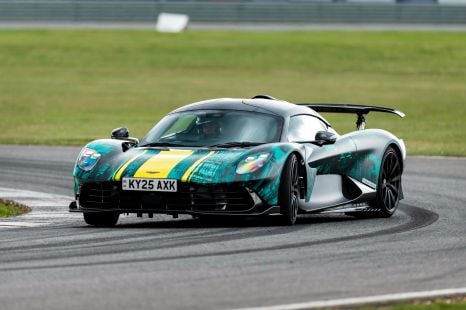

Angus MacKenzie
2026 Aston Martin Valhalla review: Prototype drive
4 Days Ago

Contributor
The rise of China’s automotive industry, in particular its electric vehicles (EVs), has seemingly caught many ‘legacy’ carmakers off guard as Chinese cars become increasingly popular and well-built.
As reported by The Wall Street Journal, this was evident to Ford CEO Jim Farley when he visited the brand’s Chinese joint-venture partner Changan in early 2023, taking a ride in one of its electric SUVs around the company’s test track.
Following the visit, Mr Farley reportedly told Ford board member John Thorton the rise of Chinese EVs “is an existential threat”, referencing in particular the technology available in the cars, as well as the price point they can be offered at.
100s of new car deals are available through CarExpert right now. Get the experts on your side and score a great deal. Browse now.
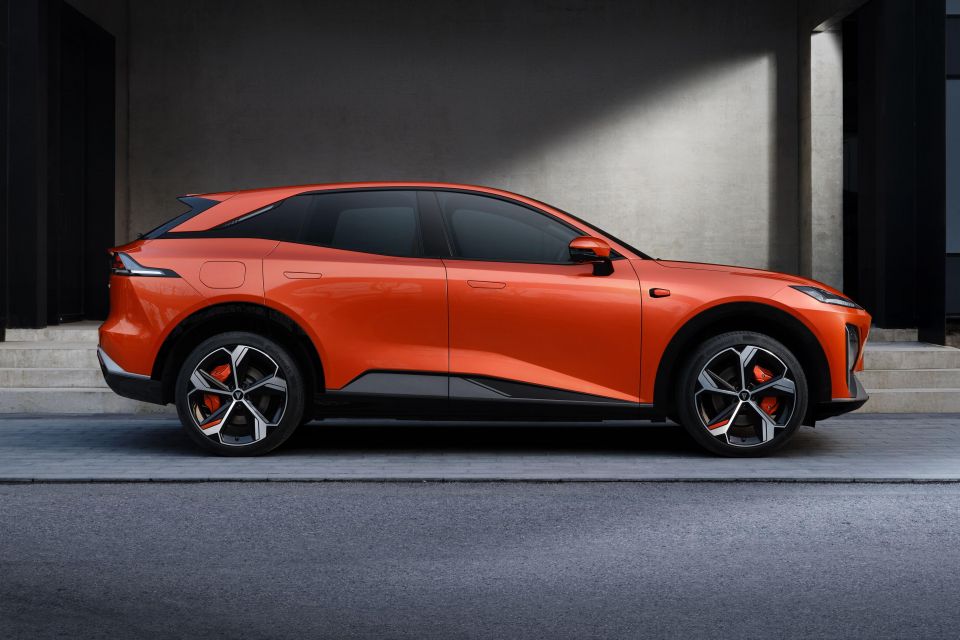
Mr Farley and Ford CFO John Lawler also praised the driving experience of an unnamed Changan electric SUV, with the latter executive telling the former, “Jim, this is nothing like before. These guys are ahead of us.”
The CEO even went as far as shipping two Chinese EVs – a Xiaomi and a Li Auto people mover – to Ford HQ in Michigan for other executives to inspect.
At present, Chinese cars – especially EVs – are almost non-existent in Ford’s home market of the US.
While there are a handful of Chinese-built vehicles sold there, including the electric Polestar 2 and Ford’s own petrol and hybrid Lincoln Nautilus, giants like BYD, Changan and SAIC are staying out of the fray.
It’s also becoming harder for Chinese brands to launch their EVs in the US, after the Biden Administration recently imposed a 100 per cent import tariff on battery-powered cars from China.
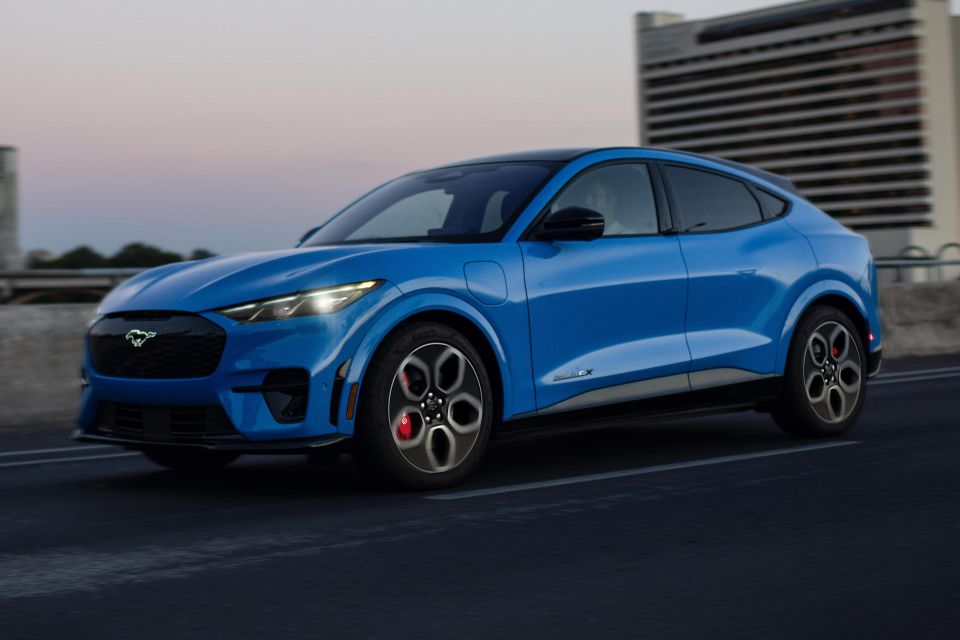
However, Ford appears to be wary of resting on its laurels, and it’s conscious that its EVs are under threat from Chinese competition in other markets such as Europe and Australia.
A slowing EV market globally as well as increased competition led Ford to announce last month that it expects to lose US$5-5.5 billion (A$7.4-8.1 billion) on electric cars this year.
Its Model E EV division lost a hefty US$1.32 billion (A$1.95 billion) in the first quarter of 2024.
This has led the carmaker to adjust plans to turn a future EV factory into a production facility for its existing combustion-powered pickups.

Ford recently cancelled plans to build a large, three-row electric SUV and delayed its next-generation F-150 Lightning.
Instead, it’s focusing on more affordable EVs out of a ‘skunkworks’ team in California that will use a new EV platform intended to be cheaper to produce. The first of these will be a Ranger-sized ute due in 2027.
Ford currently offers two EVs in Australia: the Mustang Mach-E and E-Transit. Both recently received price cuts.
The Tesla Model Y-sized Mustang Mach-E has been a relatively slow seller, notching up just 480 deliveries this year. By comparison, the Model Y betters this figure every month.
Where expert car reviews meet expert car buying – CarExpert gives you trusted advice, personalised service and real savings on your next new car.
Born and raised in Canberra, Jordan has worked as a full-time automotive journalist since 2021, being one of the most-published automotive news writers in Australia before joining CarExpert in 2024.


Angus MacKenzie
4 Days Ago
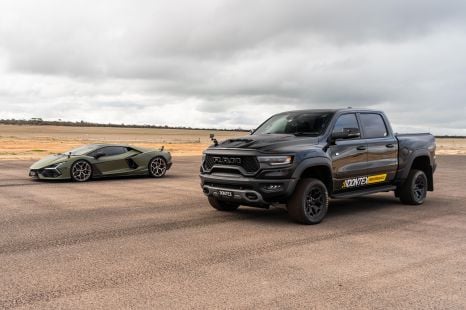

Paul Maric
3 Days Ago
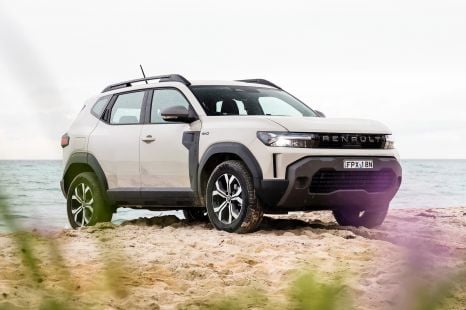

Max Davies
3 Days Ago
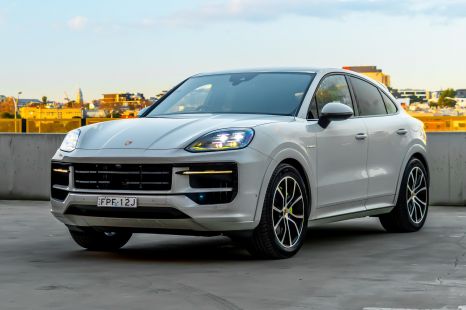

James Wong
3 Days Ago
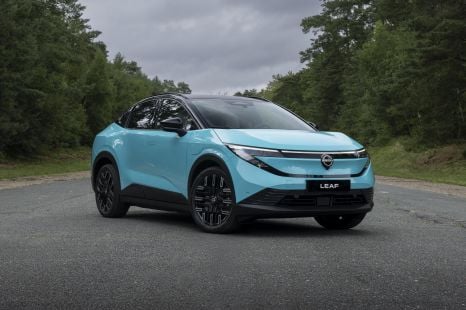

Shane O'Donoghue
2 Days Ago
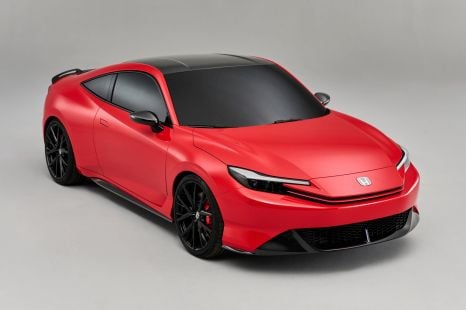

Damion Smy
1 Day Ago